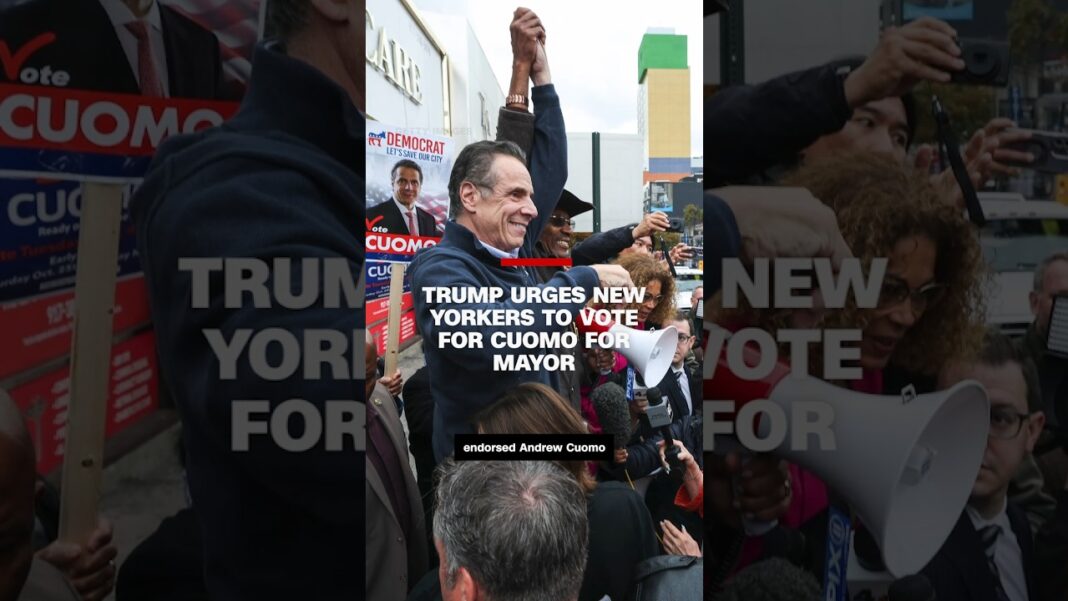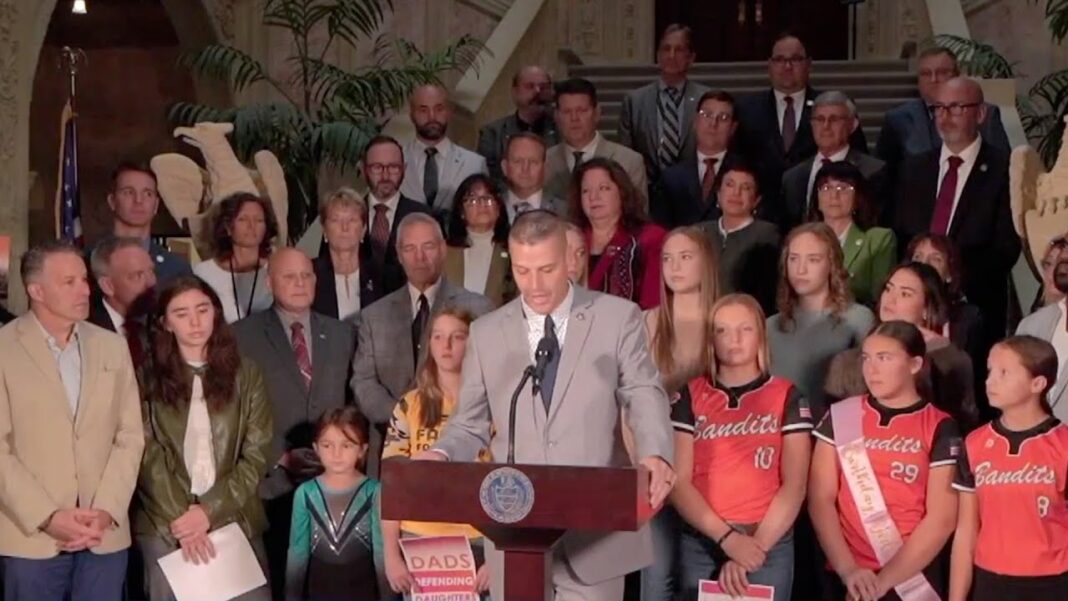Allowing mercury in vaccines while calling it dangerous in batteries and makeup is a ‘double standard,’ he said.
All countries should remove mercury from vaccines following the precedent set by the United States, Health Secretary Robert F. Kennedy Jr. said via a video address during the Nov. 3 meeting of the Minamata Convention on Mercury in Geneva, Switzerland.
“The Minamata Convention was born from a shared moral conviction that no human being should suffer from exposure to mercury,” Kennedy said.
“Article 4 of the Convention calls on parties to cut mercury use by phasing out listed mercury-added products. But in 2010, as the treaty took shape, negotiators made a major exception. Thimerosal-containing vaccines were carved out in the regulation,” Kennedy said, referring to the mercury-based preservative used to prevent microbial growth in vaccines.
The treaty, which began to phase out mercury in cosmetics and lamps, opted to allow the substance to be used in products that are injected into vulnerable people, pregnant women, and babies, the health secretary said.
“We have to ask: why? Why do we hold a double standard for mercury? Why do we call it dangerous in batteries, in over-the-counter medications, and makeup, but acceptable in vaccines and dental fillings?” he asked.
Kennedy said thimerosal has never undergone proper safety testing in human beings. He said that hundreds of peer-reviewed studies have identified the substance as a potent neurotoxin, carcinogen, endocrine disruptor, and mutagen.
“Thimerosal’s own label requires it to be treated as a hazardous material and warns against ingestion. There is not a single study that proves it safe,” he said. “That’s why in July of this year, the United States closed the final chapter on the use of thimerosal as a vaccine preservative, something that should have happened years ago.”
According to a March 2024 safety data sheet on Thimerosal, the substance is “considered hazardous” under the 2012 Hazard Communication Standard from the Occupational Safety and Health Administration.
The substance may cause damage to organs through repeated or prolonged exposure. If a person ingests thimerosal or comes into contact with it via skin, they must immediately get in touch with a poison center or doctor, according to the fact sheet.
Beginning in 1999, thimerosal was removed from many vaccines in the United States after certain studies suggested that exposure to mercury in early stages could negatively affect children.
In July, Kennedy signed a recommendation by the Advisory Committee on Immunization Practices (ACIP) to remove thimerosal from influenza vaccines. Roughly 50 percent of thimerosal, by weight, is mercury.
“I want to be clear, it’s inexcusable that governments around the world still allow mercury-based compounds in health care, and safe alternatives exist. Now that America has removed mercury from all vaccines, I call on every global health authority and every party to this convention to do the same,” Kennedy said in his video address.
The Department of Health and Human Services chief said vaccine manufacturers have already confirmed they can produce single-dose vaccines free from mercury without interrupting supply chains.
In an emailed statement to The Epoch Times in July, a spokesperson for CSL Seqirus, which produces influenza vaccines, said that delivery of thimerosal-free flu vaccines for the fall season was “already underway.”
“We don’t expect the ACIP recommendation to have any impact on our vaccine supply or shipment timings,” the spokesperson said.
In June, Sanofi, another flu vaccine manufacturer, said that the company would have “sufficient supply of Sanofi flu vaccine to support customer preference.”







